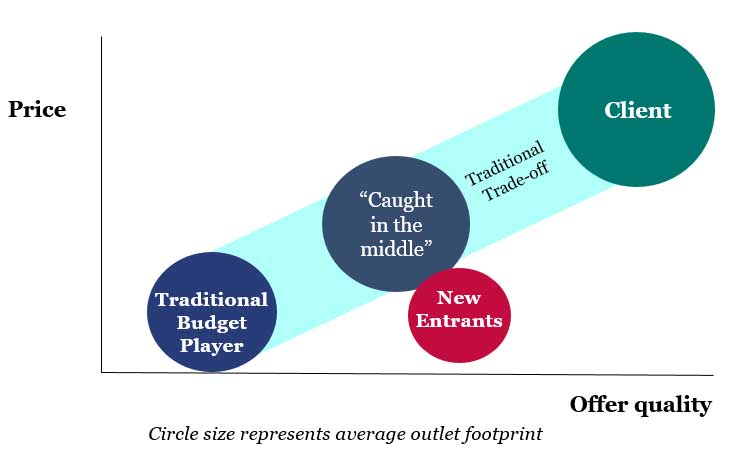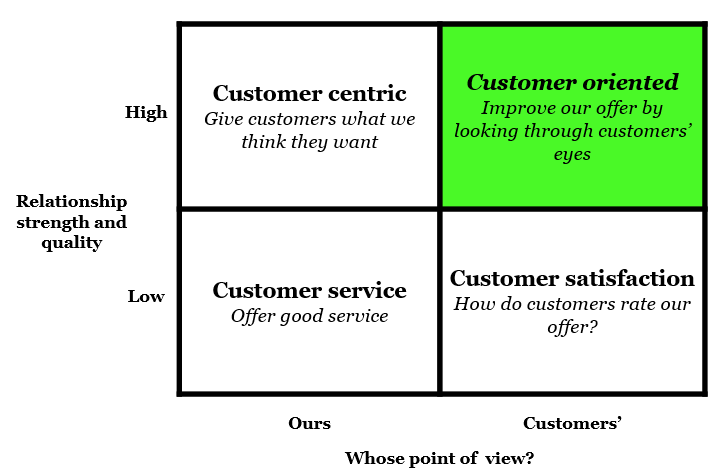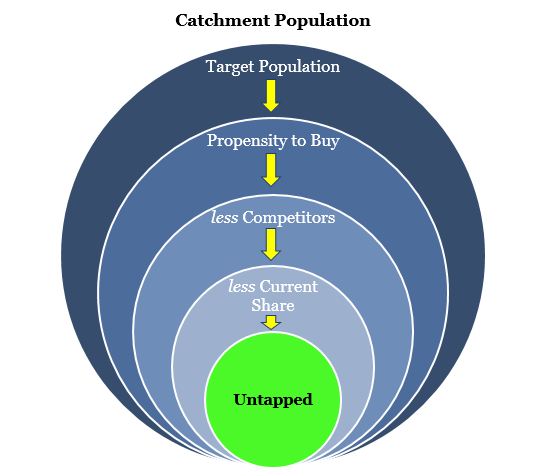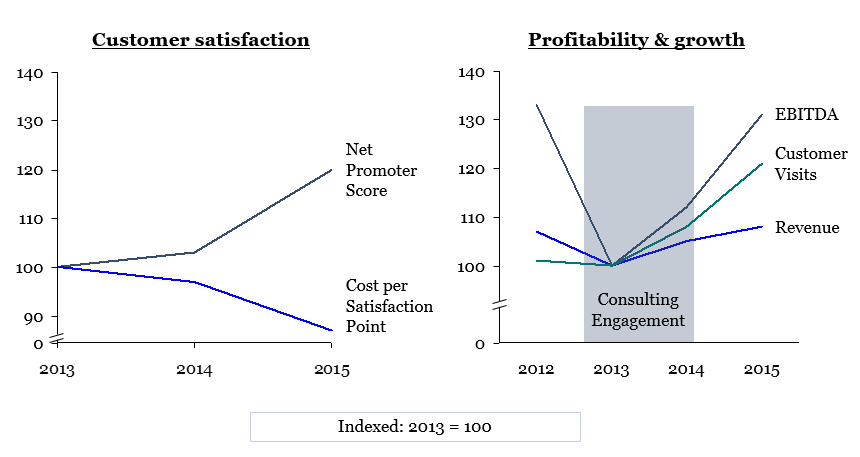The Soft Landing book explains how obstacles prevent implementation of changes to reduce environmental risks, and proposes strategies to overcome them.
This paper describes the global environmental status and trends, offers some explanations for why responses are slow and weak, examines the implications for New Zealand, and proposes a strategy development agenda to reduce risks and take advantage of opportunities.
Rick’s thesis argues for revision of the dominant paradigm that provides the default assumptions used for theoretical and policy analysis that affects long-term economic and environmental outcomes. The proposed paradigm changes can be used to develop a theoretically sound strategy to reduce the risk of environmental crisis.
The report proposes 14 policy directions to improve the success of internationalising New Zealand businesses.
This report assesses New Zealand’s economic performance and identifies priorities to improve prosperity.
The paper proposes that accelerated roll-out of e-learning to low decile schools and improving the school-to-work transition will materially reduce youth unemployment and resulting social issues.
This report describes opportunities for New Zealand to realise economic benefits from an improved innovation ecosystem and increased investment in R&D.
Single measures (such as Gross Domestic Product per capita) are really important, but they can never tell the whole story. New Zealand need to understand that whole story if we’re going to be able to identify linkages, set priorities and make good choices. The NZahead report card therefore seeks to arm New Zealanders with a Big Picture view of our overall, long-term performance – social, economic, and environmental.
Addressing climate change, and meeting New Zealand’s Paris Agreement commitments, will require our electricity system to begin planning and adapting for the future needs of our country, today.
What challenges and opportunities lie ahead? How can we enable our country’s sustainable energy future?
The Port Future Study recommended a long term strategy for the provision of facilities to accommodate sea-based imports and exports and the cruise industry flowing to and from Auckland and its wider region in an economically, socially, culturally and environmentally acceptable manner, taking into account competing uses for city centre waterfront space and the various impacts of options.
This paper aims to provide background information for those conducting the 2013 review of New Zealand’s retirement income and for New Zealanders who wish to participate in the consultation processes. The content will also provide other interested New Zealanders with a perspective on the implications of global trends for the long-term future context for retirement in New Zealand.
Our work with a leading consumer services company resulted in a doubling of EBITDA and an increase in net promoter score of 20% over 2 years. We diagnosed the challenges facing the company, identified opportunities for improvement, developed a portfolio of initiatives and upskilled the client team to deliver them effectively. Outcomes included strengthening competitive advantage, restoring profitability and renewing growth, while maintaining morale through the transition.




